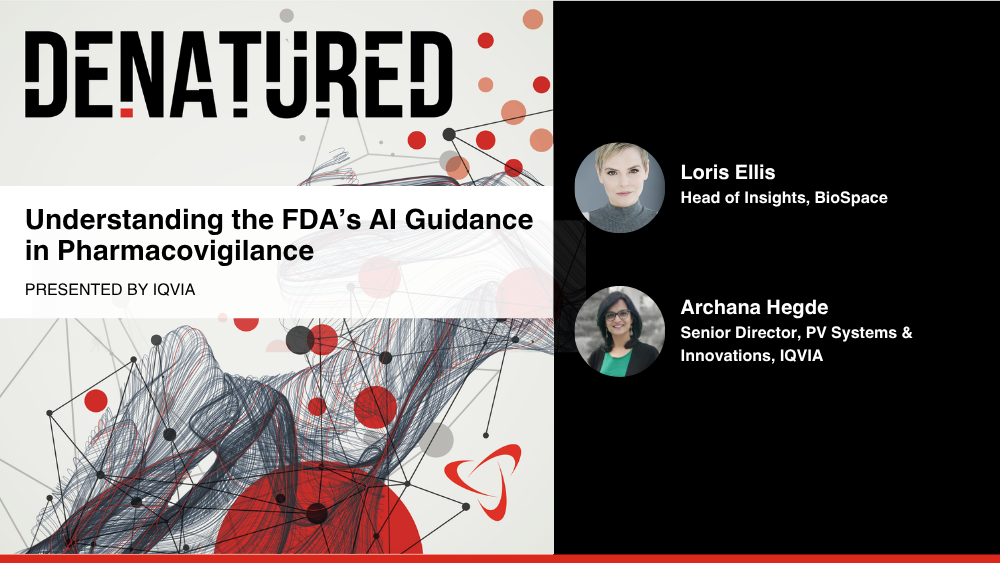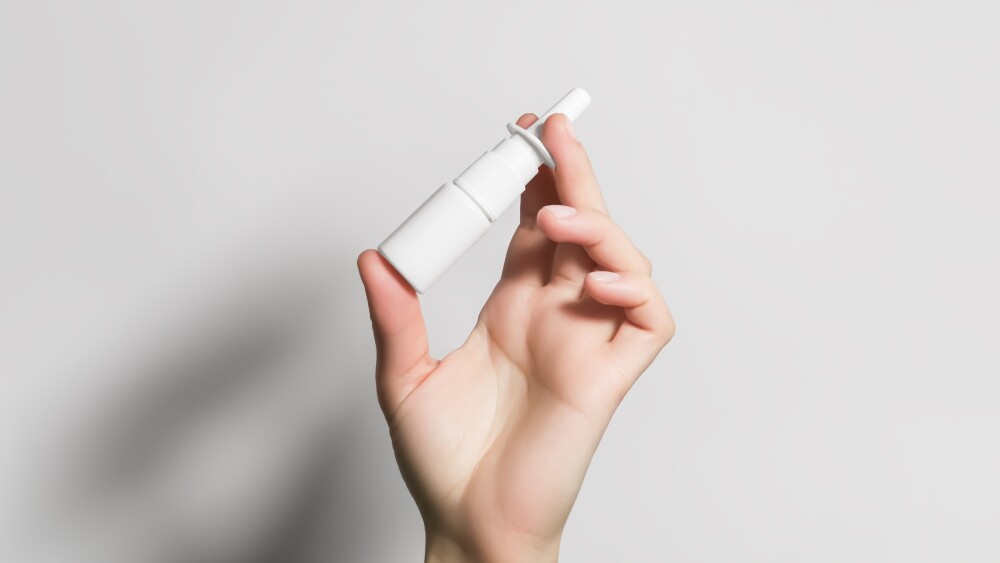ROCKVILLE, Md., Oct. 24, 2011 /PRNewswire/ -- Neuralstem, Inc. (NYSE Amex: CUR) updated the progress of its ongoing Phase I safety trial of the company's spinal cord stem cells in the treatment of amyotrophic lateral sclerosis (ALS or Lou Gehrig's disease) at Emory University in Atlanta, Georgia. The company announced that, after reviewing safety data from the first 12 patients, the Food and Drug Administration (FDA) has granted approval for the trial to advance to transplanting patients in the cervical (upper back) region. Until now, patients have received injections in the lumbar (lower back) region only. Earlier this summer, the trial's Safety Monitoring Board unanimously approved moving to the cervical injection phase. The trial will now advance to the final two cohorts of patients with ALS, all of whom will be transplanted in the cervical region of the spine.
(Logo: http://photos.prnewswire.com/prnh/20061221/DCTH007LOGO )
"The goal of our cell therapy program is to create therapies that will slow down, stabilize, or reverse, functional deficits in central nervous system (CNS) diseases," said Karl Johe, PhD, Neuralstem Chairman and Chief Scientific Officer. "By moving the cell delivery to cervical spinal cordthe first time the FDA has approved intraspinal injections in this regionwe will demonstrate that we can deliver our cells safely and routinely to all parts of the spinal cord."
The trial is under the direction of Principal Investigator, Eva Feldman, MD, PhD, Director of the A. Alfred Taubman Medical Research Institute and Director of Research of the ALS Clinic at the University of Michigan Health System, and Jonathan D. Glass, MD, Director of the Emory ALS Center. The surgeries are performed by Emory Neurosurgeon, Nicholas M. Boulis, MD. Dr. Feldman is an unpaid consultant to Neuralstem.
In a joint statement, the three doctors concluded, "We have successfully treated 12 ALS patients with unilateral or bilateral intraspinal injections of neural stem cells. All of the patients tolerated the procedure without major surgical complications, and there are no indications to date that the stem cells themselves are either toxic or injurious to the spinal cord. Our quantitative clinical assessments showed no evidence of acceleration of disease following stem cell injections, meeting our stated goal of proving safety for this Phase I trial. We have cautious optimism that a few of the patients may have slowed in their progression of lower extremity weakness, and one patient may have improved."
Prolongation of life for patients with ALS will require therapeutic intervention at the level of the cervical spinal motor neurons affecting respiratory function," they continued. "To reach this ultimate goal we plan to move to injections into the cervical spinal cord, which is the next stage of this Phase I trial."
"We are very excited about the trial results to date and encouraged by the safety data," commented Lucie Bruijn, PhD, Chief Scientist, The ALS Association. "This is a very important step forward for stem cell therapy in ALS and we are fortunate to have such a committed and skilled research team at Emory and Neuralstem to move this forward. These results pave the way for the next stage of the trial and for future stem cell transplants in ALS."
"This is a major milestone for Neuralstem," said Richard Garr, Neuralstem CEO and President. "Demonstrating the feasibility and safety of transplanting our cells in the upper regions of the spinal cord will have important ramifications for our spinal cord injury program as well as ALS."
About the Trial
The Phase I trial to assess the safety of Neuralstem's spinal cord neural stem cells and intraspinal transplantation method in ALS patients has been underway since January 2010. The trial is designed to enroll up to 18 patients. All of the first 12 patients have been transplanted in the lumbar (lower back) region of the spine. The trial will now progress to the last six patients. The first three of these will receive unilateral injections in the cervical region of the spine. The next three will receive bilateral injections in the cervical region.
About Neuralstem
Neuralstem's patented technology enables the ability to produce neural stem cells of the human brain and spinal cord in commercial quantities, and the ability to control the differentiation of these cells constitutively into mature, physiologically relevant human neurons and glia. Neuralstem is conducting an ongoing FDA-approved Phase I safety clinical trial for amyotrophic lateral sclerosis (ALS), often referred to as Lou Gehrig's disease, and has been awarded orphan status designation by the FDA.
In addition to ALS, the company is also targeting major central nervous system conditions with its cell therapy platform, including spinal cord injury, ischemic spastic paraplegia, chronic stroke, and Huntington's disease. The company has submitted an IND (Investigational New Drug) application to the FDA for a Phase I safety trial in chronic spinal cord injury.
Neuralstem also has the ability to generate stable human neural stem cell lines suitable for the systematic screening of large chemical libraries. Through this proprietary screening technology, Neuralstem has discovered and patented compounds that may stimulate the brain's capacity to generate new neurons, possibly reversing the pathologies of some central nervous system conditions. Neuralstem's first small molecule compound, NSI-189 is currently in a Phase I FDA-approved safety trial in major depressive disorder. The Phase Ib portion of the trial, in depressed patients, is expected to commence later this year. Additional indications could include schizophrenia, Alzheimer's disease and bipolar disorder.
For up-to-date information on the clinical trial for ALS and other Neuralstem cell therapy and pharmaceutical treatments in development, visit www.neuralstem.com
Cautionary Statement Regarding Forward Looking Information
This news release may contain forward-looking statements made pursuant to the "safe harbor" provisions of the Private Securities Litigation Reform Act of 1995. Investors are cautioned that such forward-looking statements in this press release regarding potential applications of Neuralstem's technologies constitute forward-looking statements that involve risks and uncertainties, including, without limitation, risks inherent in the development and commercialization of potential products, uncertainty of clinical trial results or regulatory approvals or clearances, need for future capital, dependence upon collaborators and maintenance of our intellectual property rights. Actual results may differ materially from the results anticipated in these forward-looking statements. Additional information on potential factors that could affect our results and other risks and uncertainties are detailed from time to time in Neuralstem's periodic reports, including the annual report on Form 10-K for the year ended December 31, 2010 and the quarterly report on Form 10-Q for the period ended June 30, 2011.
SOURCE Neuralstem, Inc.




